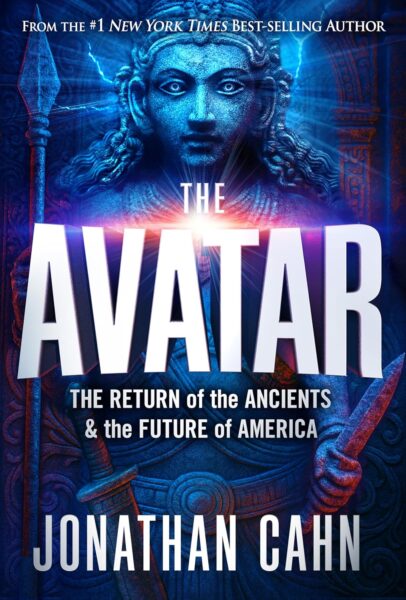Why did Abraham send his servant all the way to Haran to find a wife for Isaac? According to Mark Gerson, it wasn’t about the distance—it was about the culture.
In a recent article on Fox News, Gerson points to an often-overlooked detail in Genesis: Haran is where Abraham once “made souls.” In other words, it was fertile ground for goodness. “Culture is the most important thing about a place and its people,” Gerson writes—and that insight is more vital today than ever.
Breaking News. Spirit-Filled Stories. Subscribe to Charisma on YouTube now!
So, what kind of culture should we be looking to build?
The answer, Gerson says, shows up in Exodus when God reveals His character to Moses in what Jewish tradition calls the Thirteen Attributes. One trait stands out above the rest: “slow to anger.”
That may sound simple, but in a world addicted to outrage, it’s radical. And it’s exactly the kind of trait that defined many of the Bible’s greatest leaders. Abraham could have exploded at Lot for his selfishness. He didn’t. Moses and Rachel were publicly insulted. No revenge. No meltdowns. Just composure and grace.
“Totally cool,” as Gerson puts it.
Pre-order Jonathan Cahn’s Newest Book, “The Avatar” on Amazon.com!
What’s more, the Bible’s examples stand in stark contrast to the cultural forces shaping people today. Gerson identifies two toxic extremes: honor culture and victim culture. The honor culture says, “If you’re disrespected, hit back harder.” The victim culture says, “If you’re offended, amplify the grievance.” In both cases, anger is the reflex—and the badge of honor.
“In the honor culture, you fight; in the victim culture, you complain,” he explains. But the God of Scripture rejects both.
Instead of promoting grievance or retaliation, God calls His people to remember they were once strangers in Egypt—not just slaves. Why? Because a culture of constant victimhood paralyzes people from living with purpose. In Leviticus, God commands judges to show neither favoritism to the rich nor bias toward the poor, elevating merit and responsibility above emotional reaction.
In our time, Gerson notes, institutions increasingly encourage people to hunt for microaggressions and unconscious bias. The result? An epidemic of short fuses, damaged relationships, and even health consequences. “Persistent quickness to anger can lead to heart attacks, strokes, high blood pressure, migraines, memory impairment, risky behaviors and a compromised immune system,” he writes.
What’s the alternative?
A culture of dignity. This is the biblical model, and it’s sorely needed. “A dignified culture is composed of people who act thoughtfully and strategically, unlike those in the victim and honor cultures, who are acted upon,” Gerson writes. It’s about restraint, responsibility, gratitude, and focus.
Join Charisma Magazine Online to follow everything the Holy Spirit is doing around the world!
Yes, it’s countercultural. But it’s also timeless truth.
“God was right,” Gerson concludes. “Culture is the most important thing for human flourishing – and the biblical ideal of a culture of dignity provides the model for the one we should build.”
James Lasher is staff writer for Charisma Media.








































